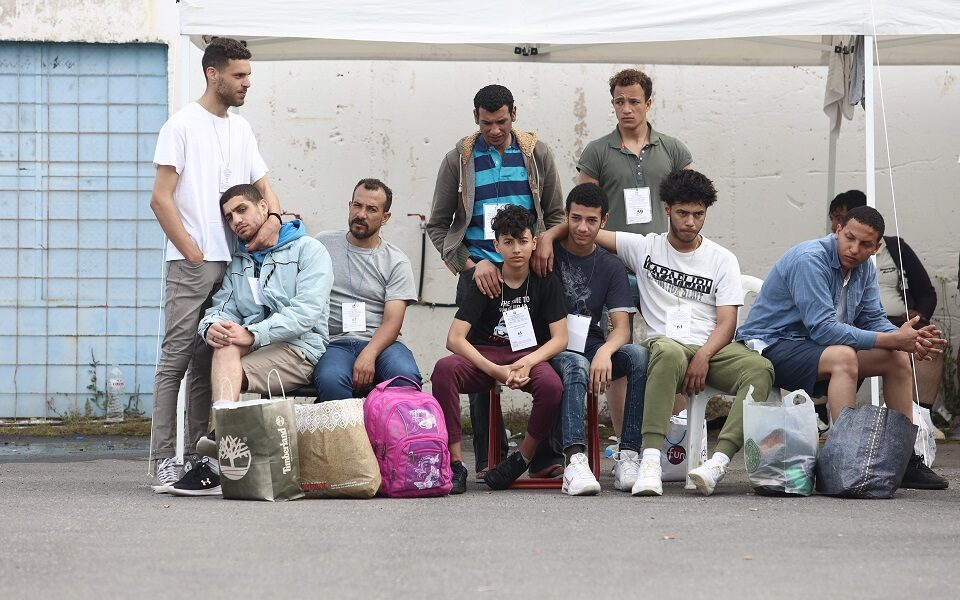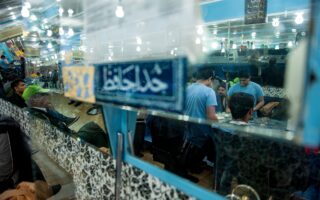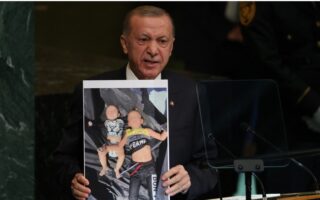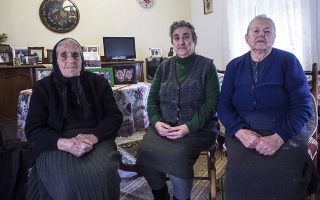The life of Ahmet, Act 2

Migration is normally something we refer to in numbers, counting the thousands. When we’re not counting thousands, we’re mourning dozens or hundreds. And when we’re not mourning, we’re cursing, assigning blame to others, depending on the circumstances and the intensity of the political rivalries in the country.
Yes, the issue of migration is multifaceted; yes, there needs to be a response at the European level; and yes, when referring to the refugee-migration crisis by repeating all the various trite tear-drenched or anger-filled arguments, we are simply maintaining the impasse, avoiding a solution, no matter how humanitarian our outlook. It is expected that by 2050, more than a billion people will be displaced by war, political persecution, poverty, environmental disasters and climate change.
But every tragedy has a second act. It starts the day after and it has to do with how each country receives the refugees and migrants landing on its shores or crossing its borders, what kind of mechanisms it has to assimilate them into society and the economy, the legal framework it has for dealing with asylum applications and, ultimately, for granting citizenship.
Kathimerini recently reported the case of a Turkish emergency care doctor who, escaping the crackdown by Recep Tayyip Erdogan in the wake of the failed 2016 coup, crossed over to Greece with his wife in early 2017, after paying a smuggler 5,000 euros, with nothing but a backpack. He was granted asylum, felt welcomed and accepted, and did odd jobs to survive, while at the same time learning the language and preparing for exams for residency and for getting his medical license here. Yet, seven years later, he remained a “second-class” citizen, still reaching for the untenable dream of citizenship. He decided to leave for another part of Europe and make yet another new start. The first act of Ahmet’s drama has been captured in the documentary – written and directed by Kathimerini’s Marianna Kakaounaki – “Aoratoi” (Invisible). She also went on later to reveal the second act, concerning the couple’s flight from Greece.
There are hundreds of similar stories that point to the Greek state’s aversion to granting legal status (and when it does, through almost impossible procedures) to the displaced who seek shelter in this country, from wherever they may be running, and nowhere is this aversion more evident than in the extremely difficult and time-consuming process of getting citizenship.
Every day millions of people become invisible, some forever, and only a small portion of them have the chance to become visible again. This is something that needs to be fixed.





